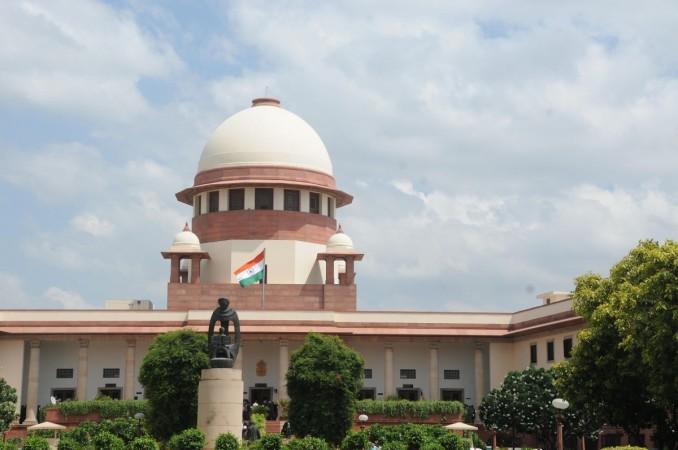
A brother can't claim a woman's property inherited from her husband or father-in-law as per the Hindu Succession Act, the Supreme Court said recently. The brother is neither her heir nor her family, the court held.
Also read: Women can be 'karta' of a Hindu joint family, says Delhi High Court
"Language used in the section (15) clearly specifies that the property inherited from the husband and father-in-law would devolve upon the heirs of husband/father-in-law from whom she inherited the property," a bench of Justices Dipak Misra and R Banumathi said.
The law is for those who have died without making a will.
The view was expressed by the court in a case filed by a man challenging the order of the Uttarakhand High Court that held him as an unauthorised occupant in a property in Dehradun in which his married sister was a tenant.
The apex court said that the property was taken on rent in 1940 by the father-in-law of the sister and later the husband became the tenant. After the husband's death the woman became the tenant, however, when the woman died the property would go to the husband or father-in-law's family.
"....the first appellate court and the High Court rightly held that the appellant (Durga Prasad) is neither an 'heir' as visualised under section 3(a) of the UP Act XIII of 1972 (the UP Urban Buildings (Regulation of Letting, Rent and Eviction) Act), nor 'family' within the meaning of section 3(g) of the Act and that the appellant is in unauthorised occupation of suit premises and is liable to be evicted," the Bench said.
"Upon death of Lalita (sister), in terms of section 15(2)(b) of the Hindu Succession Act, in the absence of any son or daughter of deceased Lalita, the tenancy would devolve upon the heirs of her husband," the apex court said.
"In the facts of present case, the appellant being the brother of deceased tenant cannot be held to be the 'family' as the inclusive list given under the Act clearly omits 'brother and sister' and the same cannot be read therein as the list has to be read and interpreted strictly," it said.









